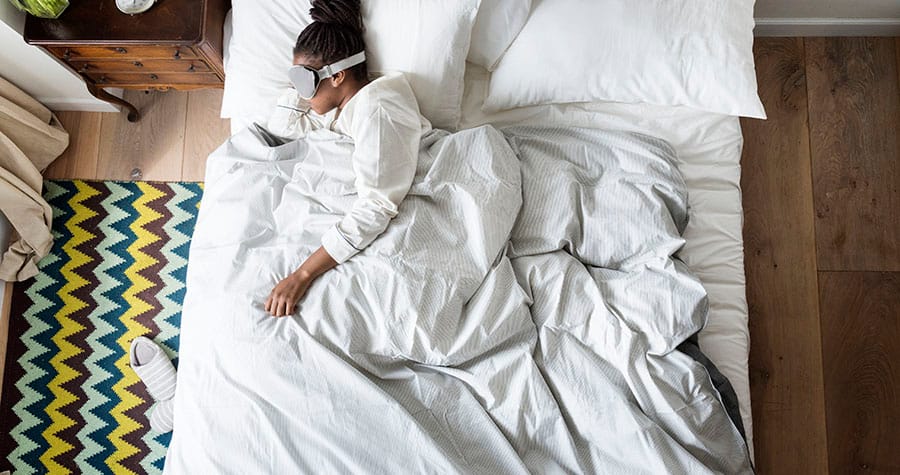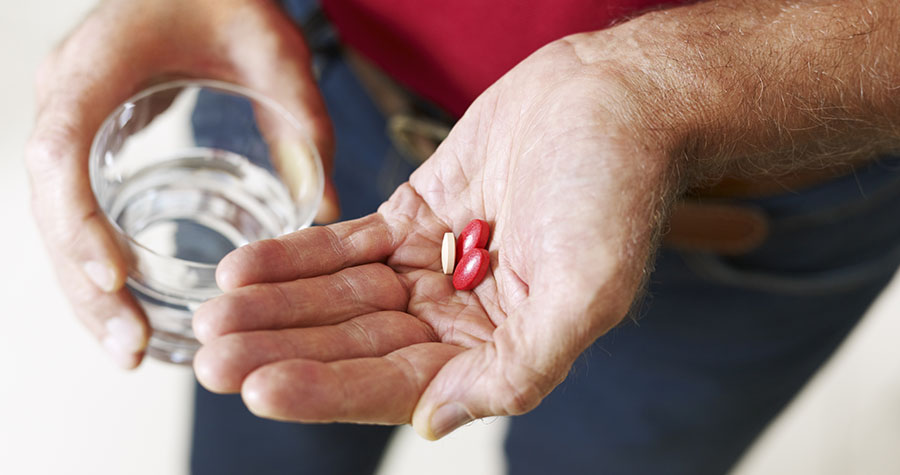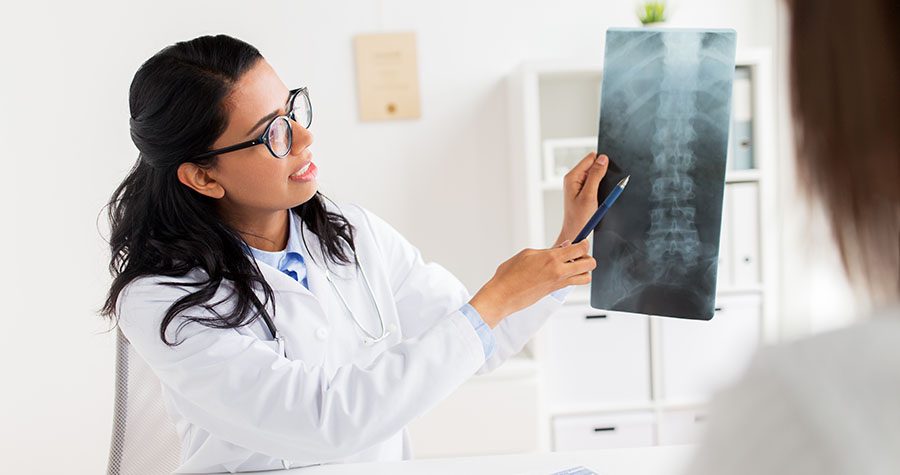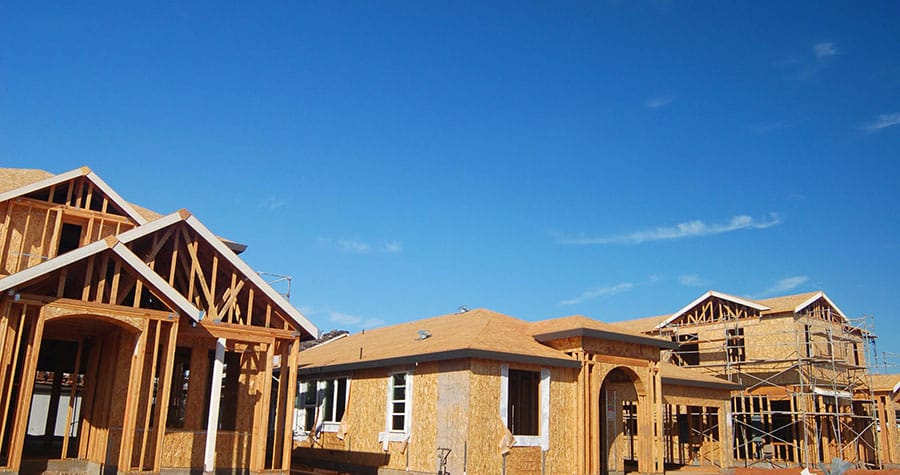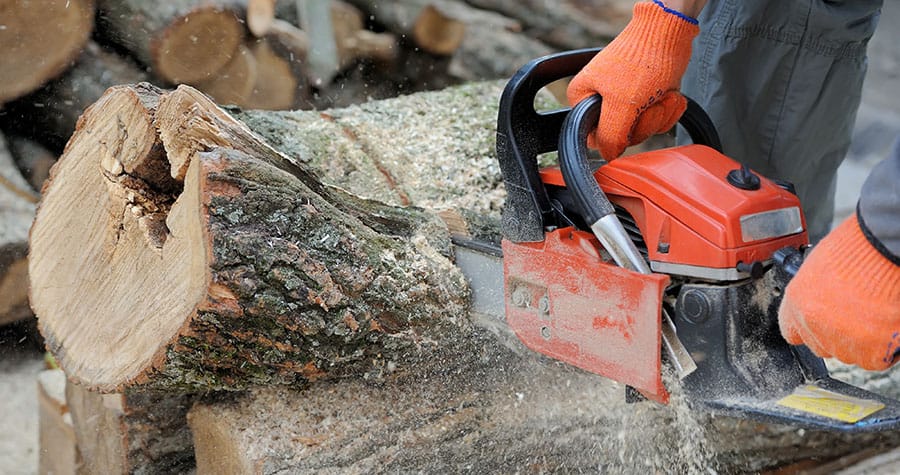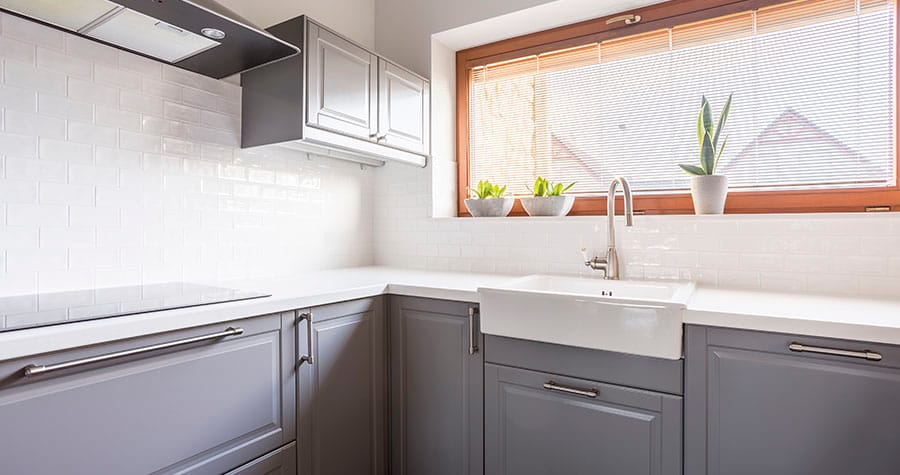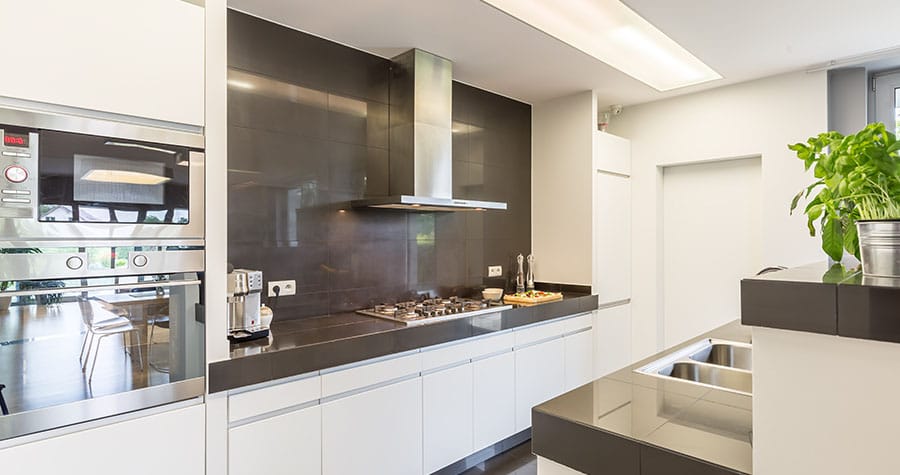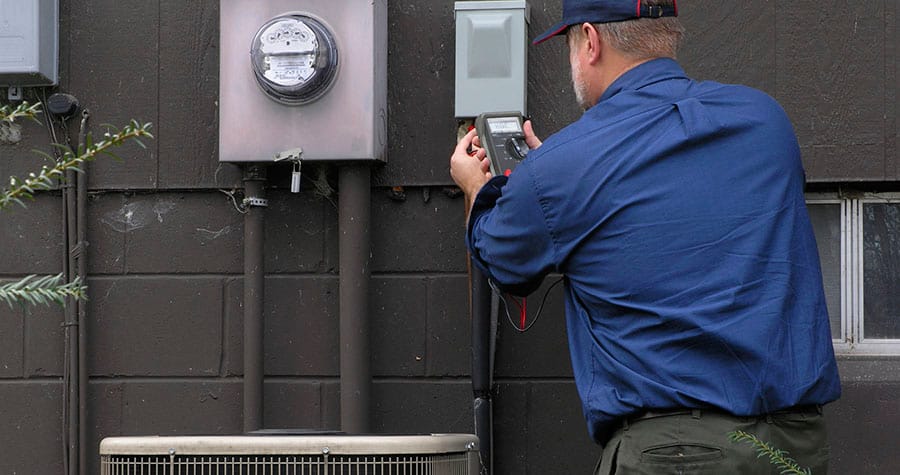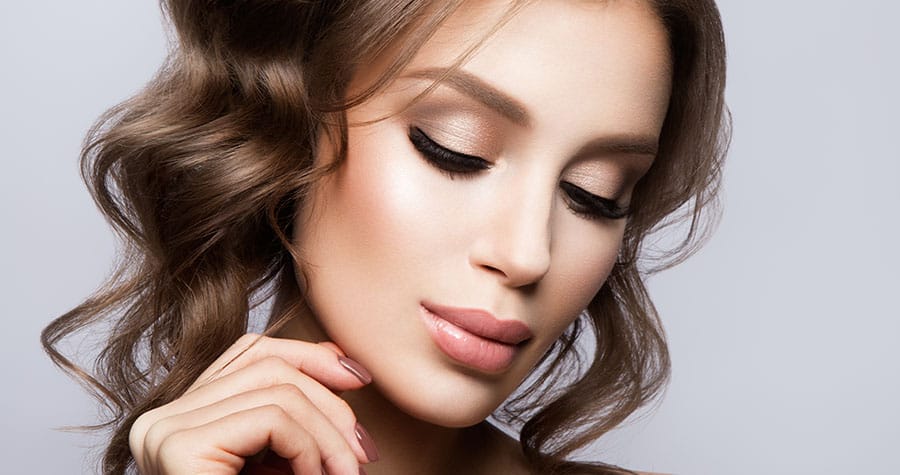Sleep disorders are of many types and a common yet scary type is sleep apnea. You should know your symptoms so you can visit a sleep clinic Damascus MD when required. Get help from this guide about central sleep apnea.
What Is Central Sleep Apnea
Sleep apnea is a condition in which your airways are blocked while you’re sleeping and it can cause you to stop breathing for a couple of seconds before the breathing starts normally again.
This condition is also known as obstructive sleep apnea. It implies that there is some sort of obstruction in the airways or breathing passage while you sleep and this causes the breathing to halt.
Well, central sleep apnea is kind of different. Central sleep apnea occurs not because of an obstruction in your airways, but it is caused when your brain tells or signals your body to stop breathing while you’re sleeping, hence the name.
This classification of sleep apnea is different because it is directly related to the brain and central nervous system (CNS). It does stop your breath, but the cause is completely different from obstructive sleep apnea, making central sleep apnea all the more spontaneous and scary, to say the least.
Usually, central sleep apnea doesn’t just happen out of the blue. If there is an underlying issue with your brain and you have been severely injured before, that has caused your brain to falter a bit in function, then central sleep apnea may be evident, from time to time.
Causes Of Central Sleep Apnea
Central sleep apnea is related to the brain and its direct cause also stems from the nervous system. On the other hand, central sleep apnea may also be a direct cause of certain medications or other medical complications not pertaining to the brain.
Here are some possible causes of central sleep apnea:
Brain Injuries
Brain injuries like concussions, head butts, and accidents that have caused you to become a bit foggy as far as memory and focus are concerned, can lead to central sleep apnea. Your brain will fail to give directions to your body and it may cause the organ to get confused and stop your breathing for a bit, while you’re snoozing.
Heart Diseases
Heart issues are also another common cause of central sleep apnea. If your heart is not pumping blood to all of the organs and you’re taking potent medication for your disorder, then it might alter the brain chemistry a bit and it can lead to deranged signals and mixing of commands. So, even if your brain doesn’t want to make you stop breathing, it might happen eventually.
Medications
Central sleep apnea can also be caused by certain medications. If you’re taking medication for sleep, anxiety, depression, or other mental health issues, then sleep disorders can be something you have to deal with, with central sleep apnea being one of those things.
Opioids Or Drug Abuse
Strong medication like opioids or even drug abuse can lead to central sleep apnea and that’s very dangerous if you don’t control your addiction because you can stop breathing during your sleep if your brain doesn’t work properly.
Carbon Dioxide Inhalation
Inhaling carbon dioxide can also cause central sleep apnea. Your brainstem doesn’t work as efficiently when there’s a lot of concentration of carbon dioxide in your bloodstream and this can cause the organ to send signals that it doesn’t want to.
Symptoms Of Central Sleep Apnea
Now that you know what central sleep apnea is, here are its symptoms so that you can pinpoint what you’re dealing with.
- You might wake up with a start. You will feel out of breath as if you just ran a marathon and your mouth will be dry, which is a clear sign that you haven’t been breathing for a few seconds.
- Sometimes, people don’t notice anything while they are going through an episode of central sleep apnea, but the person next to you will. Your stomach might stop moving altogether and if you snore while sleeping, then your sleeping partner won’t be able to hear you for a good chunk of time. This can be scary.
- You might also feel tired the next day, even though you slept through the night.
- You will have a hard time focusing on things and your brain will be very foggy.
- You will also experience forgetfulness. You might not be in the best state of mind and you’ll forget where things are and overall, everything will be a blur.
- You might also feel moody and irritable, as if you didn’t get enough sleep at night, followed by severe headaches.
Diagnosis Of Central Sleep Apnea
Diagnosing central sleep apnea is really important because the thought of your breathing stopping even if it is for a few seconds, can be horrifying to think about and you might want to get yourself checked straight away.
The best way of diagnosing central sleep apnea is through a sleep study. It’s highly effective and it will monitor your body through a regular sleep cycle.
However, you can’t just go for a sleep study as you please. You’re going to want to see a sleep doctor first. There might be a physical examination first and the doctor will also ask relevant questions about your sleep cycle and anything that you’ve been doing differently lately.
Once all of that is out of the way, you are scheduled for a sleep cycle. You will need to fall asleep in a hospital bed with sensors and machines hooked to your body.
The sensors will monitor all of the actions of your body, from start to finish, even the breathing and brain activity, so you better believe that after those 8 hours are up, you will have a solid diagnosis in your hand, thanks to the extensive sleep study.
Treatment For Central Sleep Apnea
Once the diagnosis is done, the most important part comes and that’s the treatment. How do you prevent your body from stopping breathing? Well, here are a couple of options that your doctor might suggest, depending on the severity of your sleep apnea.
CPAP Machines
Continuous positive air pressure (CPAP) machines are the best thing to use if you suffer from any kind of sleep apnea. You might think that CPAP machines are used for obstructive sleep apnea, but that’s far from the truth.
A CPAP machine will help to open up the airways and make you breathe normally again, whether it’s central or obstructive sleep apnea. You just need you put this mask on when it’s time for you to go to bed.
BiPAP And ASV Machines
Bi-level positive air pressure (BiPAP) and Adaptive servo-ventilation (ASV) machines are also effective options for people suffering from central sleep apnea. They’re kind of similar to CPAP machines but better and more effective in taking care of the situation.
Your doctor can best describe what each machine does, but there is airflow and pressure alleviation involved, which will lead to better and continuous breathing, throughout the night.
Conclusion
Central sleep apnea, even though it’s not life-threatening, can be hard to deal with and your health is at direct risk if you don’t get a good night’s rest. So, if your sleep is disturbed often, visit a sleep center Bethesda to know the cause behind it.

